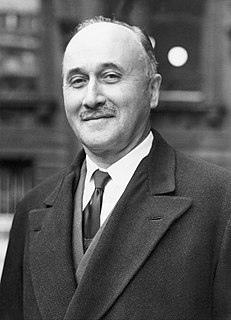A Quote by Georg Baselitz
Most of arts what comes from the States to Europe has something to do with entertainment. I can't imagine artists in the United States having the same kind of isolated position that we have here in Europe. I have a feeling one lives more publically in the States.
Related Quotes
In Europe, you have very different situation than you do in the United States. In Europe, it's very segregated. And you have the diasporas in Belgium that I saw. And they're being radicalized because they're not assimilated with the culture. I don't think we have that same situation in the United States.
Unemployment is higher in Europe than in the United States and primarily concentrated in immigrant minority populations, so people are worried about what's going to happen and if American-style ghettos are emerging in Europe. There are some of the problems there that America sees associated with the lack of economic inclusion - family breakdown, gang behavior, and racial tensions. I get the sense that in Europe they are much more concerned about these issues than in the United States.
That was the reason why very few people fleeing the rise of fascism in Europe, especially in Germany, could get to the United States. And there were famous incidents like with the MS Saint Louis, which brought a lot of immigrants, mostly Jewish, from Europe. It reached Cuba, with people expecting to be admitted to the United States from there. But the administration of Franklin D. Roosevelt wouldn't allow them in and they had to go back to Europe where many of them died in concentration camps.
Moves toward sovereignty in Iraq stimulate pressures first for human rights among the bitterly repressed Shi'ite population but also toward some degree of autonomy. You can imagine a kind of a loose Shi'ite alliance in Iraq, Saudi Arabia, and Iran, controlling most of the world's oil and independent of the United States. And much worse, although Europe can be intimidated by the United States, China can't. It's one of the reasons, the main reasons, why China is considered a threat. We're back to the Mafia principle.







































